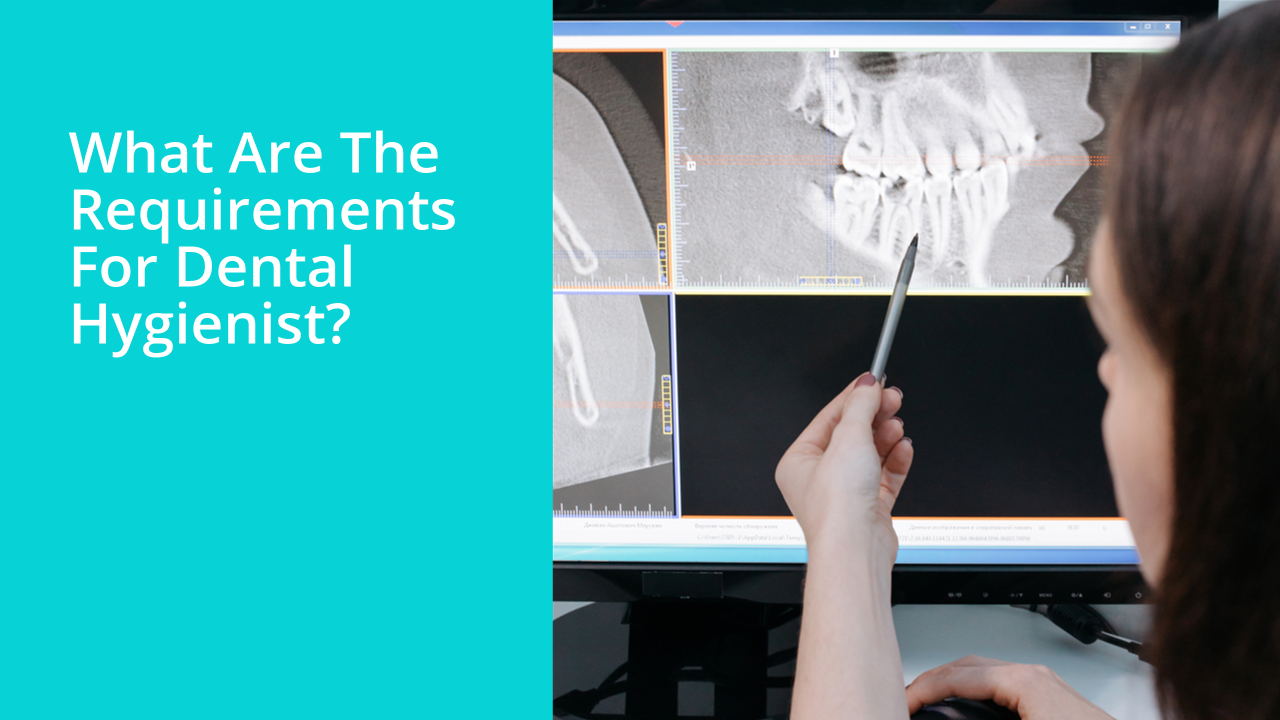
The requirements for a dental hygienist vary from state to state, but in general, you need a degree in dental hygiene. If you’re interested in being a hygienist, you’ll need to graduate from an accredited university with a program in dental hygiene. Some states require you to complete a practical exam before allowing you to complete your licensing process.
A DHA (dental hygienist assistant) program is a two- to four-year program.
You must meet certain requirements to enter a DHA program, including a high school diploma or equivalent, a background in general office work, and a minimum GPA of 3.0. You’ll also need to complete a Dental Hygienist Associate test. The DHA exam is similar to an insurance exam and tests your knowledge of important topics in the field.
To become a DHA, you must have a high school diploma or GED, be at least years old and pass the Dental Hygienist Certification Examinations.
For the DHA exam, you must have a high school diploma or equivalent, a degree in dental hygiene or a related field, and have completed a minimum of 300 hours of supervised clinical experience. In addition, there are two exams you must pass: the National Dental Hygienist Examination (NDHE) and the Dental Hygienist Coding Exam.
You must also have completed an associate’s degree or at least 1hours of college-level courses.
This is the most common way to become a dental hygienist. To become a licensed hygienist, you usually need to complete a two- or three-year program at an accredited community college or university. The curriculum typically includes general education courses, such as biology, chemistry, and math, as well as courses in specialized areas like periodontics or oral diagnosis.
You must have completed an approved DHA program.
Although there is no specific educational or licensing requirement for a hygienist, the following information can help you determine if you are qualified to be a hygienist: completed a DHA-approved education program; a license or certificate of completion; or both.
The program should be accredited by the Commission on Dental Accreditation of the American Dental Association, or it should be recognized by the ADA Council on Education and the Dental Board of California.
The requirements for a dental hygienist vary greatly depending on the state. If you are interested in pursuing a career as a hygienist, you will want to check with your state’s board of dental examiners to see if they are licensing hygienists. In most cases, you will need a graduate degree in a field related to dentistry. A Master’s degree is usually required, although some states will accept a Bachelor’s degree.
You must have at least 1hours of clinical training.
A Dental Hygienist is a Registered Dental Health Professional who provides preventative and comprehensive oral health care to patients. They provide oral exams and treatments, including teeth cleaning, restoration, and oral surgery. They also counsel patients on how to take care of their teeth and gums. Dental hygienists can specialize in treating patients with special needs, such as those with diabetes or heart disease.
You must be licensed as a DHA.
To be a registered DHA, applicants must first have a bachelors degree in a Dental Hygiene-related field, such as biology, chemistry, or biochemistry. After completing a program, they will need to complete a specific number of hours of clinical training.
Conclusion
In order to practice as a dental hygienist, you must have a Dental Hygienist License. You must have a Bachelor’s degree from an accredited college or university in Dental Hygiene or a related health care field. Some states also require a license for technicians, assistants, or associates.

